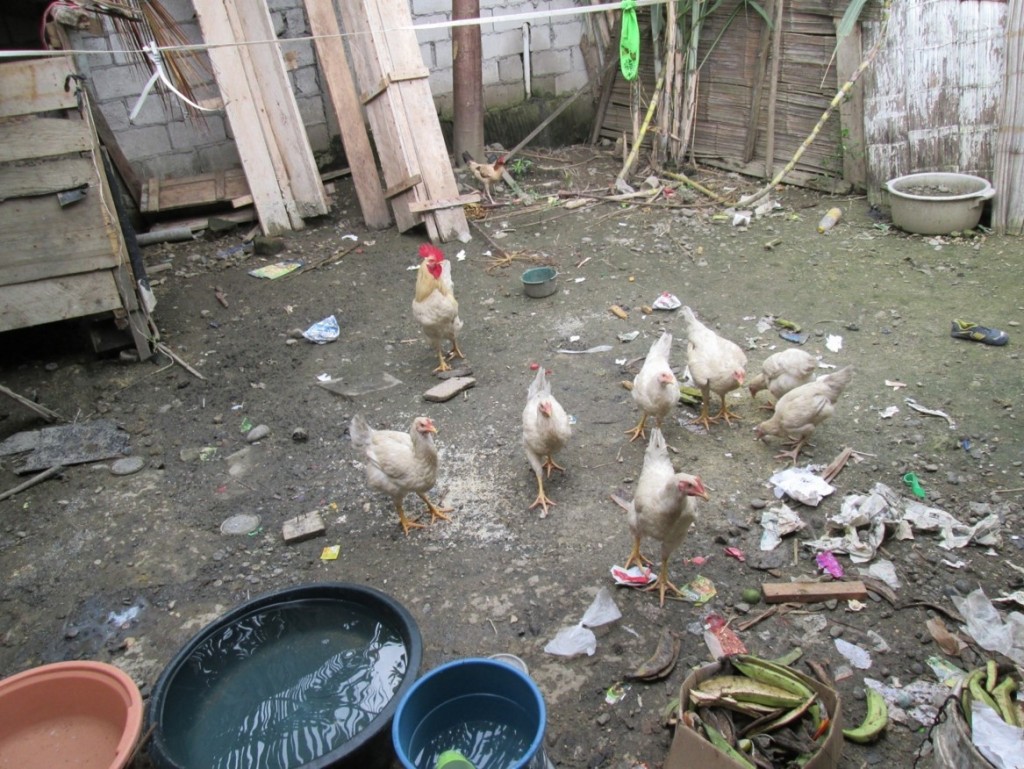Social Reproduction
“Social reproduction” can be broadly defined as the replacement of people or structures with a new set similar to the original, in order for the existing social system to continue.
According to Silvia Federici, “reproductive work” refers to “the complex of activities, relations, and institutions that in capitalism produce and reproduce labor-power,” i.e., people’s capacity to work. These activities include, for example, domestic work, child-raising, sex work, as well as subsistence forms of farming that in many countries are an integral part of housework (Carlin and Federici 2014).

We do not socially reproduce in neutral ways. In capitalist societies, one of the main things we reproduce is “labor power:” we reproduce people as workers. We know ourselves through the activities of social reproduction: washing the dishes, cooking for others, helping others feel beautiful, healthy, and fulfilled, providing the services that they need–caring for others and being cared for.

References:
Matthew Carlin and Silvia Federici. (2014) “The Exploitation of Women, Social Reproduction, and the Struggle against Global Capital.” Theory & Event 17.3.
Coping with Harms | Economic Identity | Employment | Energy City | Hopes & Dreams | Personal Trajectories | Urban Needs | Worries/Assets